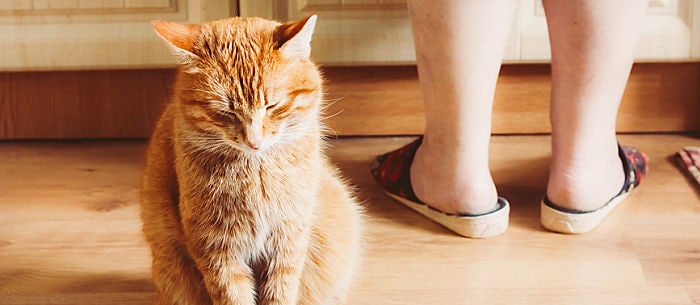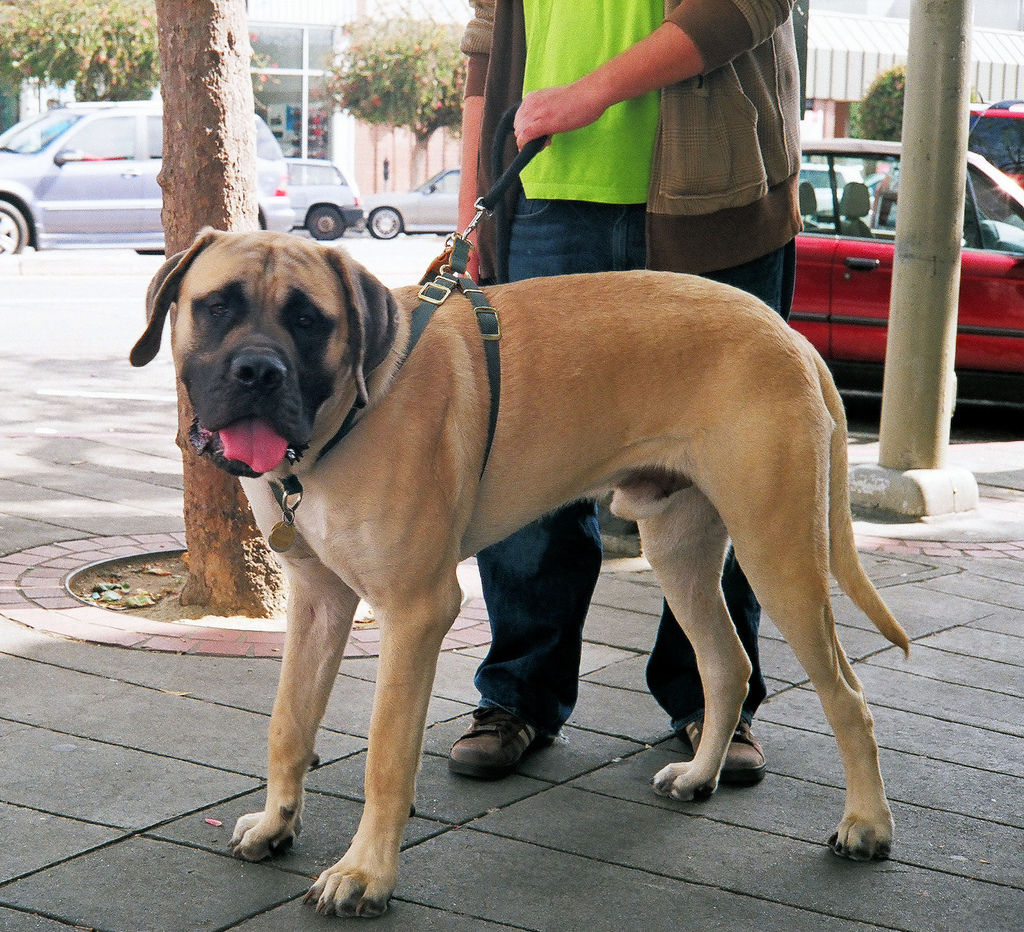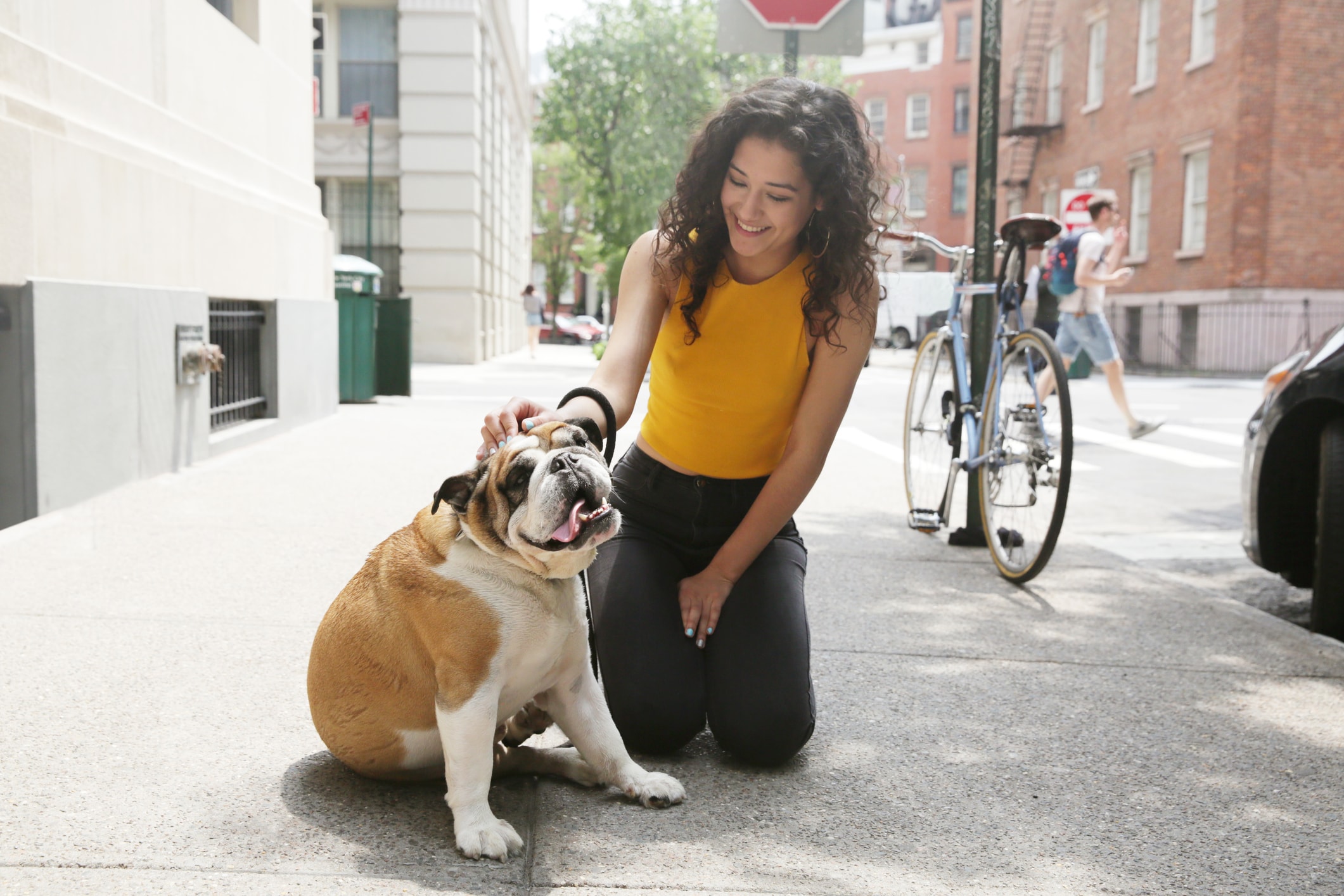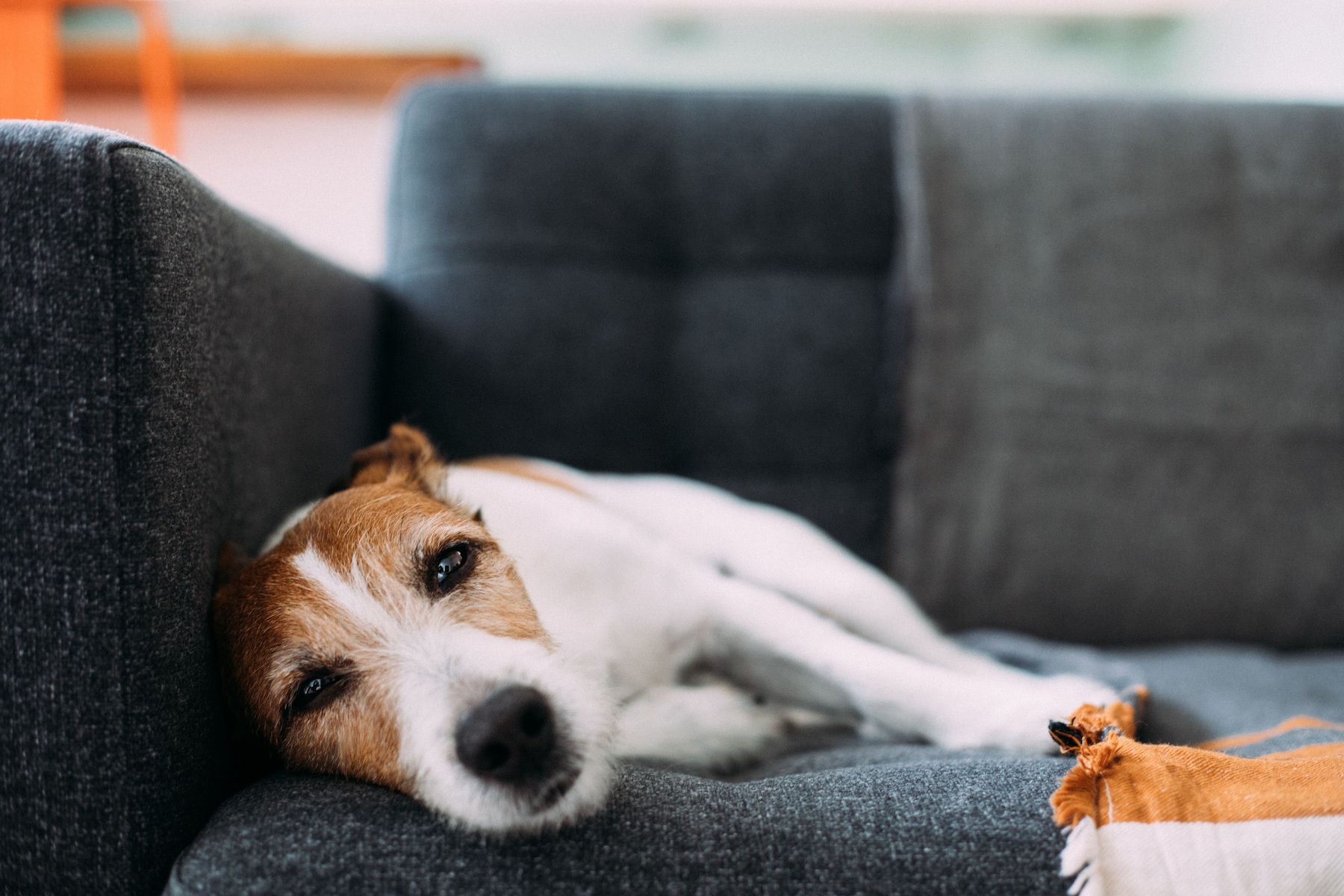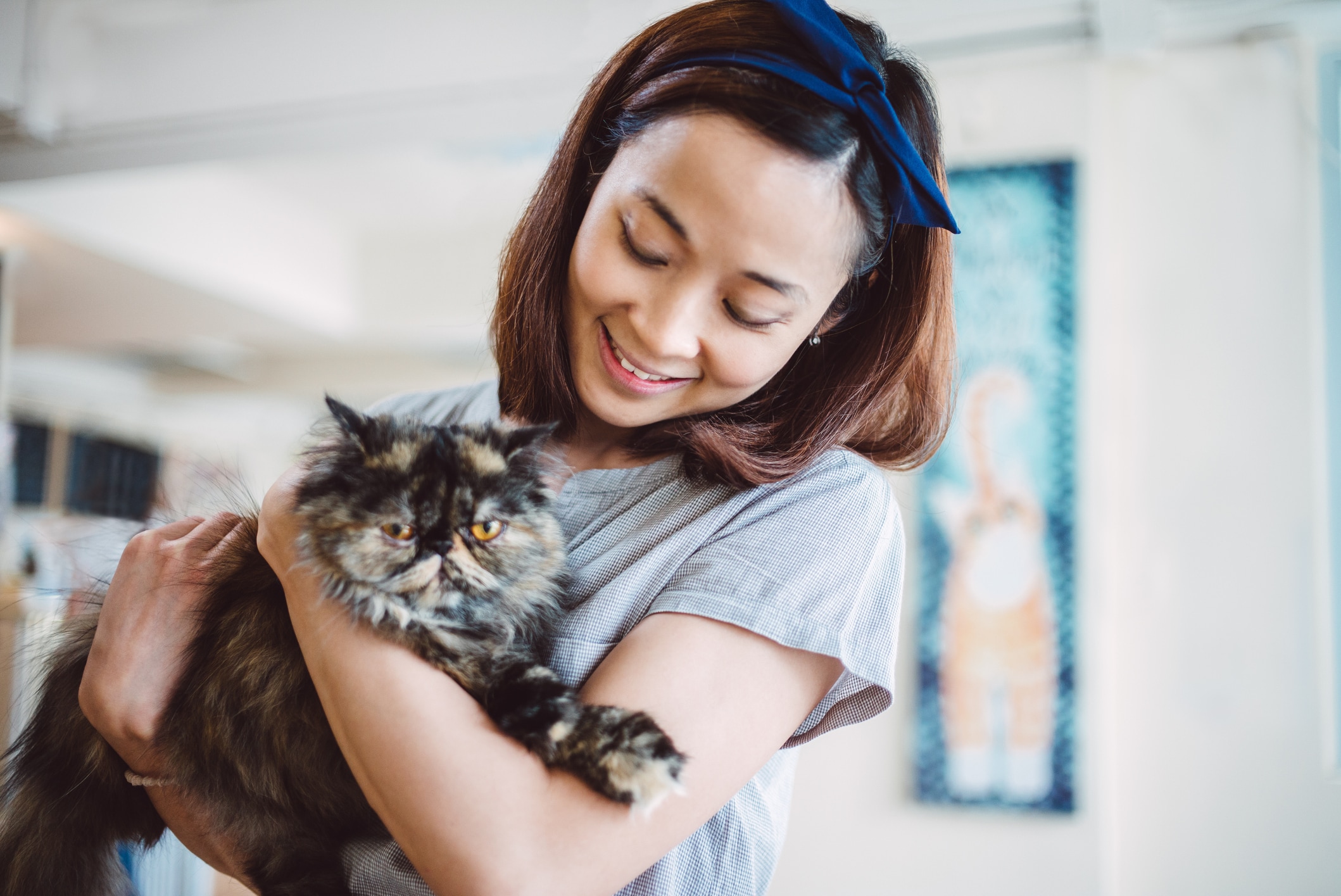Can cats cut the cheese? If you’re flabbergasted by the flatulent feline drive-by you’ve just experienced, you already know the answer. Your adorable ball of fur can become a windy kitty for many reasons. Wondering why cats fart? Here’s the lowdown.
Why Do Cats Fart?
“Cat gas is caused by an overpopulation of bacteria in the colon, not the normal good flora which aids digestion, but the bad guys. This can be because too much food is coming down the pike or from eating the wrong food,” says Dr. Kristine Hoyt, a veterinarian at Cats on Call Hospital in Scarborough, Maine. “If your cat can’t digest what he eats in the front part of his digestive tract, it will go into the back end of the intestines and produce a lot of gas.”
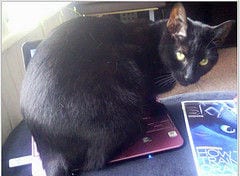
This comes from a number of things, including feeding your cat too much food, feeding him the wrong food, or not providing enough water to help him flush out his digestive tract. “A classic example is when your cat gets into the trash and eats raw chicken, onions, or something else that’s rotted,” explains Dr. Hoyt. It’s best to keep your garbage in a tightly closed container and advise your pet sitter to keep an eye on your cat if they are skilled at breaking into the trash.
What Foods Should Cats Avoid?
Dr. Hoyt suggests limiting access to table scraps as well as the garbage can. “Seasoned foods like deli meat contain lots of salt and preservatives and are not meant for cats, so avoid those,” she adds. It’s not just the usual suspects that cause kitty farts, however.
Cats have pretty sensitive digestive tracks and can get gassy from a number of foods. Foods to avoid include:
- Cheap Cat Food
If your cat has a gas problem, consider switching up to a better quality of cat food that contains less filler. Carbohydrates, used to bulk up some inexpensive pet food, is often the why in “why do cats fart.” Don’t switch food brands abruptly, however. This may also upset your kitty’s sensitive tummy.
- Dairy
Who knows where that stereotypical image of a cat joyfully lapping up a bowl of milk came from, anyway? Milk and other dairy products, such as cheese, can be digestive landmines for cats and should be avoided at all costs. Controlling cat gas with probiotics is a good idea and Dr. Hoyt often prescribes a feline version of it for her patients, but yogurt, she insists, is designed for humans and is another dairy no-no. “Probiotics help with cat gas, but just as you don’t eat your cat’s food, your cat shouldn’t eat your yogurt,” she says.
- Tuna
This one may shock you and you may wonder, why do cats fart from tuna if they crave it so much? “It’s not the tuna your cat gravitates to, it’s the salt. Tuna is not a natural diet for cats and both pet and people brands can sometimes cause flatulence. Talk to your veterinarian about this one,” says Dr. Hoyt, who recommends adding a teeny pinch of potassium chloride to your cat’s food if she loves the taste.
How Can You Control Cat Farts?
The American Society for the Prevention of Cruelty to Animals (ASPCA) recommends adding fiber to your cat’s diet, offering smaller but more frequent meals and providing adequate exercise to prevent flatulence. Lovely imagery aside, cats also fart for medical reasons. Any diagnosis that includes difficulty with nutrient absorption as a symptom may cause gas.
These include parasites, pancreatitis, malabsorption, or cancer. Dr. Hoyt suggests bringing a fresh fecal sample, no more than 12 hours old, for analysis. “This will help your veterinarian understand what’s going on with your cat,” she explains.
Occasional expulsions of gas, even of the smelly variety, are not usually anything to worry about, but if your cat is stinking up the house on a regular basis or is showing signs of diarrhea, vomiting or other abdominal issues, a trip to the vet is necessary.
This will help to rule out medical issues and should be done particularly if you’ve already assessed your cat’s diet and experimented with multiple food brands without eliminating the problem. Don’t wait too long for a checkup, either. Cat farts can occur with or without other symptoms and may be the warning sign of an easily correctable malady.
Curious why your cat keeps sneezing? Here’s Everything You Need to Know About Cat Sneezing.
Corey Kagan is a freelance writer and room deodorizer enthusiast living in New York. Her cat, Zoey, could definitely cut the cheese on occasion and always seemed shocked when she did.
* This article is for general informational purposes only. It is not intended nor implied to be providing medical advice and is not a substitute for such advice. The reader should always consult a health care provider concerning any medical condition or treatment plan. Neither Care.com nor the author assumes any responsibility or liability with respect to use of any information contained herein.
